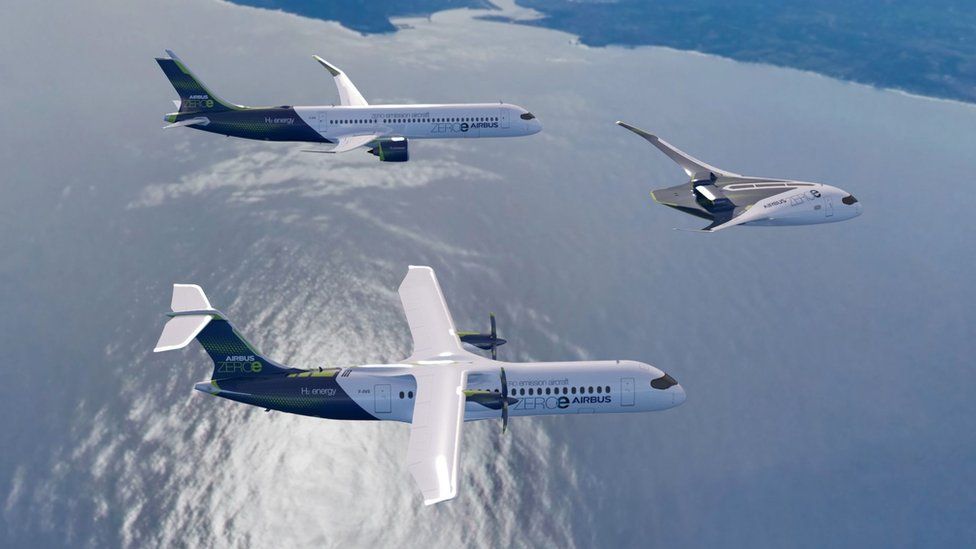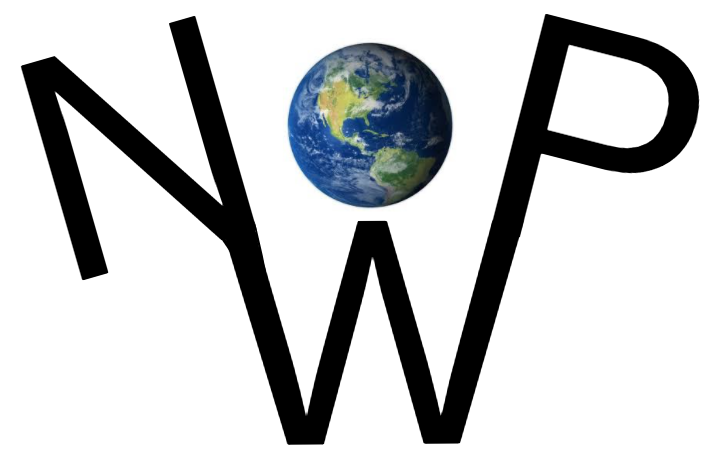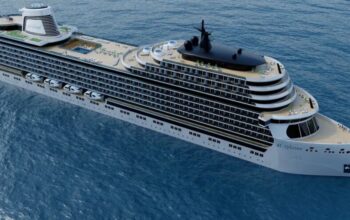Commercial airlines have been hard hit this year due to the Covid pandemic but the human spirit of innovation will never be held at the runway. Indeed airline tech to soar in 2021.
Aerospace giant Airbus has announced plans for the first commercial zero-emission aircraft. Although the technology may not be in practice unill the 2030’s, Airbus executives are determined to bring what they call ZEROe concept designs to life.
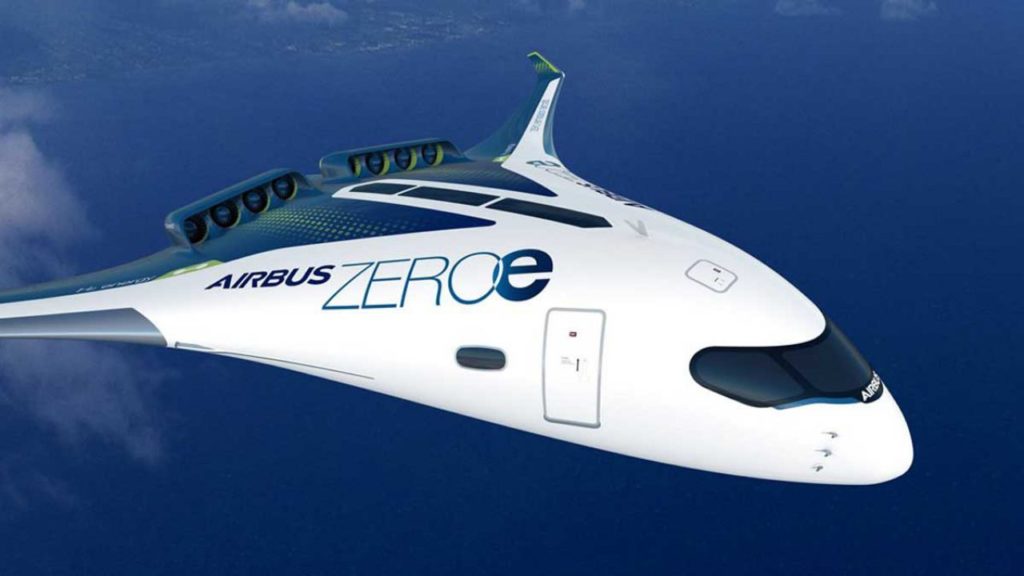
In a joint research project, both Airbus and EasyJet are considering hydrogen, hybrid and electric aircraft.
The company said its hydrogen-fuelled passenger planes could be in service by 2035.
Airbus chief executive Guillaume Faury said the three ZEROe concept designs marked “a historic moment for the commercial aviation sector”.
The use of hydrogen had “the potential to significantly reduce aviation’s climate impact”, he added.
The new Airbus designs are the fruit of a joint research project that Airbus launched with EasyJet last year to consider hybrid and electric aircraft.
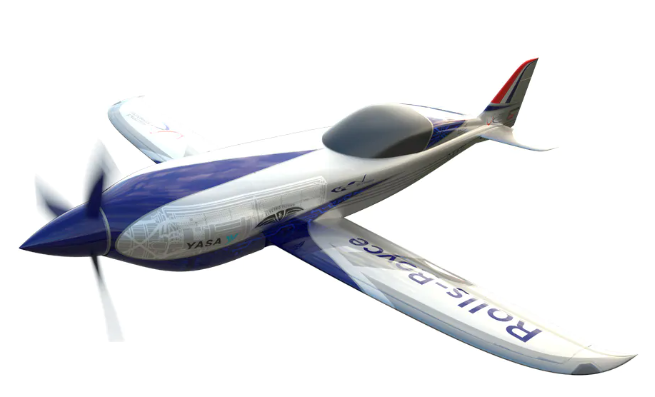
Rolls-Royce is hoping their sleek electric plane will break the world speed record for an electric aircraft will clock at over 300mph.
Bye Aerospace in Colorado has designed and built a two-seat aircraft called the Sun Flyer that runs on electricity alone. It can fly for up to 3 hours depending on the weight.
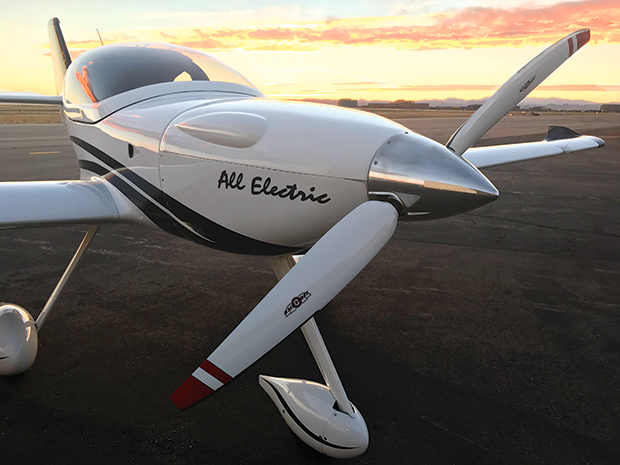
Silent Falcon, is a 14-kg (30-lb.) solar-electric fixed-wing drone. We optimized the power system for long-duration flight by including only enough lithium-ion batteries to supply peak power for climbing.
Designed and built with a pneumatic rail launcher so that the plane does not have to take off under its own power. When it reaches the desired altitude, it can cruise for 5 to 7 hours, supplementing a trickle of battery power with electricity from solar panels spanning the 4.2-meter (14-foot) wings.
The solar panels turn sunlight into electricity with 11 percent efficiency, effectively doubling the flight time that the batteries alone could provide. Nowadays, the best solar cells are rated at 26 percent efficiency, and they will allow the plane to stay up for 10 to 12 hours Read more from Suas
As battery and hydrogen fuel technology continue to advance, engineers will be working overtime to come up with the best solutions for sustainable air travel.
Follow similar interesting non political news stories from News Without Politics

